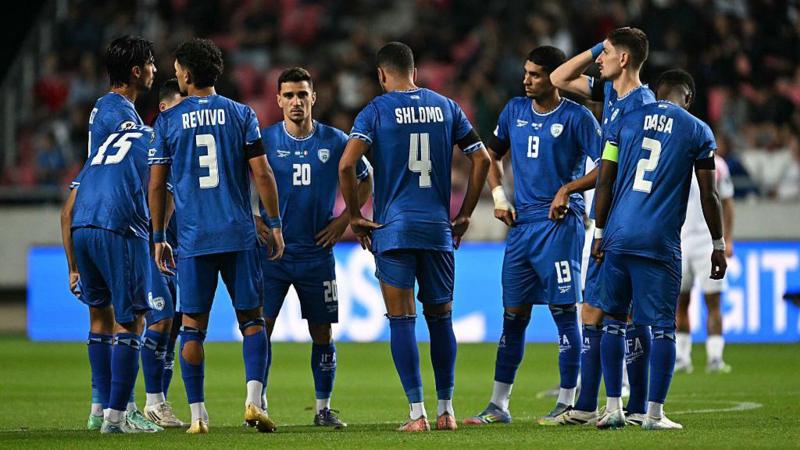Is Israel Facing Expulsion from Upcoming Football Competitions?




In the world of international sports, few topics can stir up as much fervor and controversy as politics intruding into arenas and fields. Yet, this is precisely what's occurring with the recent surge in discussions regarding Israel's participation in global football.
The heart of the matter centers around various groups and organizations protesting against Israel's involvement in international football competitions. These groups criticize Israel for its policies toward Palestinians, especially in the context of sporting activities in the occupied territories. The opposition stems from accusations that Israel is violating FIFA's statutes regarding racism and discrimination.
The crux of the protests lies in how football is being used as a platform for political expression. Historically, sport has acted as a double-edged sword in political conflicts, sometimes bridging gaps while at other times widening them. In this instance, critics argue that allowing Israel to participate under current circumstances indirectly endorses their policies, which they claim oppresses Palestinian sports movements and athletes.
The idea of a potential ban on Israel by FIFA has been floated around by various groups. Instituting such a ban would involve a series of complex, procedural steps which begin with a proposal. This proposal would need to be approved by a majority in the FIFA Congress, which comprises representatives from all 211 member associations. A proposal to ban a country from international football is an extreme measure, one that FIFA has seldom resorted to. Past instances where bans have been considered usually involve extreme circumstances, such as government interference in football affairs.
FIFA's own statutes promote and encourage non-discrimination, equality, and neutrality in football. Article 3 of FIFA's statutes, for example, explicitly states, "FIFA is committed to respecting all internationally recognized human rights and shall strive to promote the protection of these rights." This clause might serve as the basis for those advocating for a ban or other actions against Israel's football federation.
However, undertaking such a ban is not straightforward. FIFA has traditionally been cautious in mixing politics with sport, though it has not shied away from taking strong stances where there is a clear violation of its codes, such as bans imposed due to government interference in the internal affairs of national football federations.
Another aspect to consider is the reaction of the international community were such a ban to take place. The geopolitical implications could be significant, affecting not only the countries directly involved but also their allies and adversaries. The nature of global sports is such that they often mirror the complex international relations dynamics of the day.
Furthermore, there is a humanitarian angle to ponder. Many believe sports have the power to heal wounds and bring together communities that politics have otherwise torn apart. The participation of countries in sports such as football can serve as a platform for dialogue and reconciliation. Critics of the proposed ban argue that excluding Israel from international football would prevent such opportunities from being explored and could further entrench divides.
The discussion about Israel's participation in international football touches on broader questions about the role of sports in society and how they intersect with human rights and politics. While the situation is complex and fraught with emotional, ethical, and political ramifications, it is crucial that any decisions made are rooted in the statutes of the sporting bodies involved and in the principles of fairness and equality.
As this debate unfolds, it will be interesting to see how FIFA balances these nuanced issues, weighing the principles of political neutrality against the passionate calls for addressing perceived injustices through the global platform provided by sports. Whatever the outcome, it is sure to reverberate through the worlds of both football and international politics, potentially setting precedents for how similar cases are handled in the future.